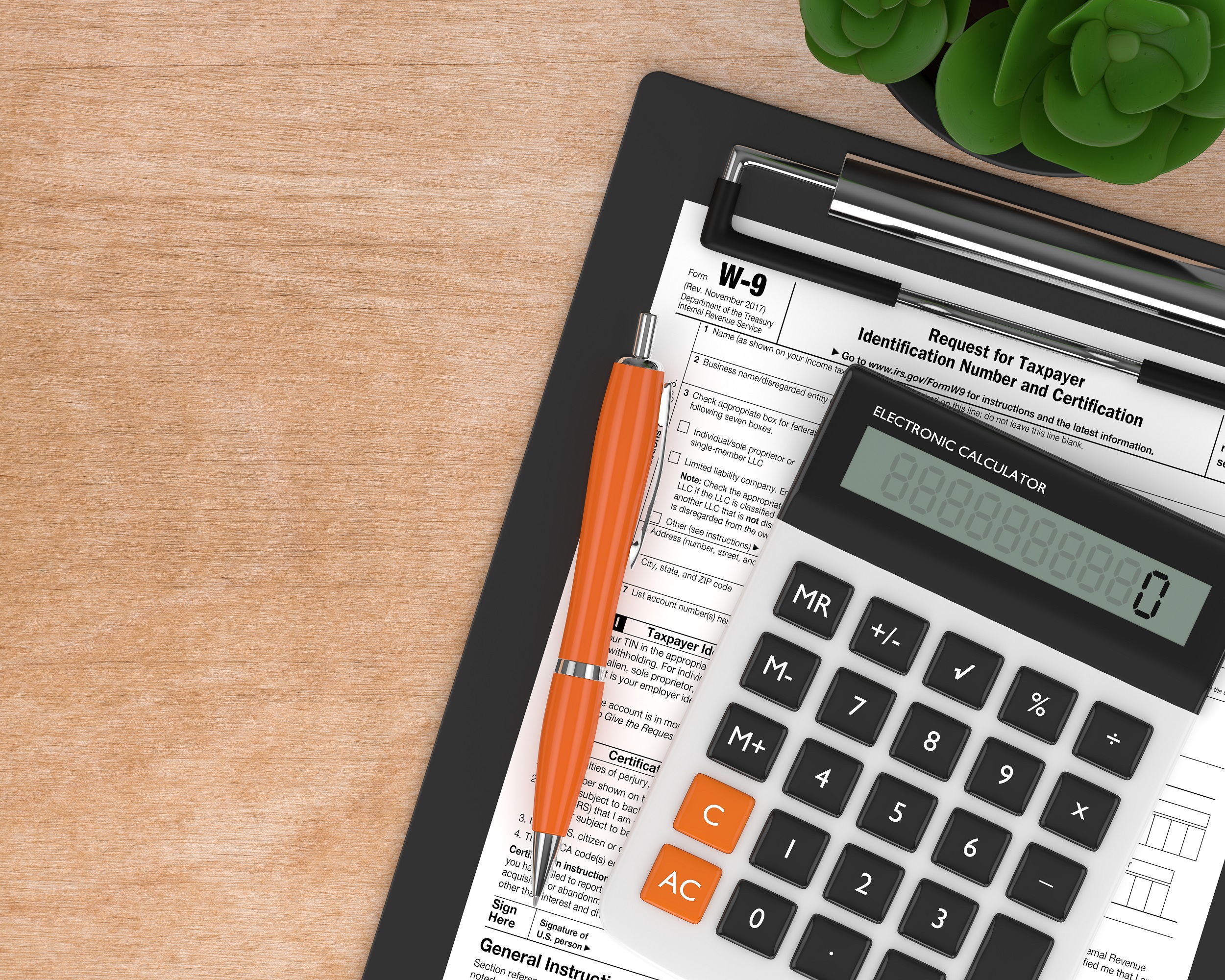November is here, and with it comes the very fast closing of the year. For most businesses, it is also nearing the end of their business year, when it is time to wrap up the bookkeeping and get ready to file taxes. Attorneys may be extra busy with work, but they would be wise to take at least one day and be sure they map out a plan to end the year in an organized way. Clean, organized records will help the practice know how to budget and plan for the next year.
One important task that often gets overlooked is collecting W9 forms from contractors who work for the law office. Anyone who receives $600 or more from the firm as a self-employed contractor will need to be given a 1099 MISC by Jan 31st(usually, it can vary) of the following year. This deadline gives many businesses a false sense of security because they feel like that’s “plenty of time”. Other more pressing tasks soon eat up November and December, and distractions abound. Before long, it’s the final week of January, and several contractors have never given the company their address, correct phone number, or Business ID number. Bookkeepers have to scramble to collect the information, or send out 1099s without including these partially complete contractors.
Obviously it is best to collect 1099 information as early as possible, and November should be the latest deadline to collect W9s from the contractors who haven’t yet sent in their information. Every contractor, LLC, or Landlord is supposed to send the company their W9 form filled out with the correct name, address, phone number, and Business ID (EIN or SS). This convenient form that can then be stored in secure company portals until needed to issue the 1099s in January.
Here are a few great reasons to collect W9s in November:
- Collecting information early allows time for the company to verify the information. Companies who file 1099s with the IRS will face problems if the information they report doesn’t match the information filed by the vendor. Everything needs to match, and if an attorney works with several self-employed people, checking to be sure the information is current takes a long time.
- Collecting information early gives the contractors plenty of time to complete the form and send it in. It’s probably obvious, but most self-employed people are incredibly busy. They may not be able to complete the W9 on the first day you ask them for it. It may sit on their to-do list for a week or two before they get around to doing it. Of course it might also be necessary to give them a reminder or two. All of that is very difficult to accomplish in late January, so it is best to start harassing…err reminding them now.
- Collecting W9s early gives your bookkeeper time to enter the information into the 1099 filing software. Bookkeepers are extremely busy in the months of December and January, and they would love to have all of the information they need to get a head-start on filing 1099s.
- Collecting W9s early will give the attorney plenty of heads up regarding how many forms to file, and how much the filing will cost. Usually bookkeepers and tax professionals charge per form, so knowing ahead of time how many will go out allows the organized attorney time to include those costs in the budget.
Collecting W9s early is a great idea, but like many great ideas, sometimes it just doesn’t get followed up on. What happens if the last week of January arrives too soon, and those forms aren’t ready to file?
- Time flies for the procrastinator. If you don’t collect W9s in November, chances are you won’t have made it a priority until too late. Don’t get caught waiting on a relatively easy task until the last minute.
- The IRS may charge the company $50 per 1099 filed late¹. It doesn’t always happen, but there is no guarantee that they won’t charge for late filing. They need the information in order to match it to the self-employed tax returns, and they aren’t exactly patient about receiving late forms that are required by law.
- Bookkeepers and Tax Professionals tend to charge extra for last minute work. If an attorney hires someone to file their 1099s, but the information to do so isn’t there, the professional has to scramble to gather everything, and the fees for doing so will add up quickly.
- Delayed filing, even if it is done one or two days after the deadline, also holds up the self-employed worker from filing his taxes. If he has already filed, but his numbers don’t match the company 1099, he might have to amend his filing, causing frustration and extra cost on his side.
The bottom line is that this task is fairly easy, but can cause a lot of problems and costs if the company waits until the last minute. Go ahead and assign someone to start collecting this information now, before the holiday rush and year end craziness starts. Better yet, make it a company policy to collect a W9 on every single contractor before they can receive their first payment. You’d be surprised how motivating that can be for them. Finally, once the information starts coming in, establish an efficient and secure W9 file folder within easy reach of the company and the bookkeeper, so that things run like clockwork in the new year.
¹https://www.irs.gov/pub/irs-pdf/i1099gi.pdf
